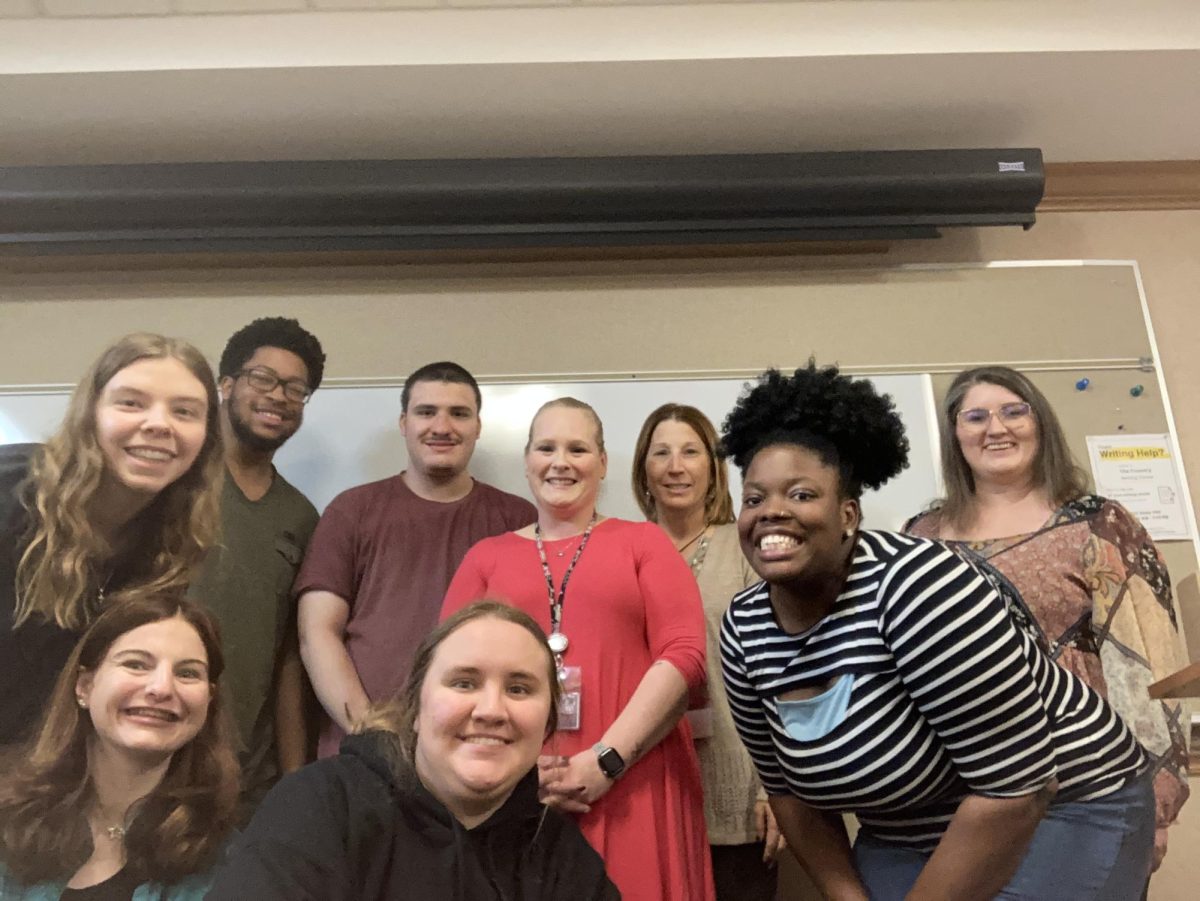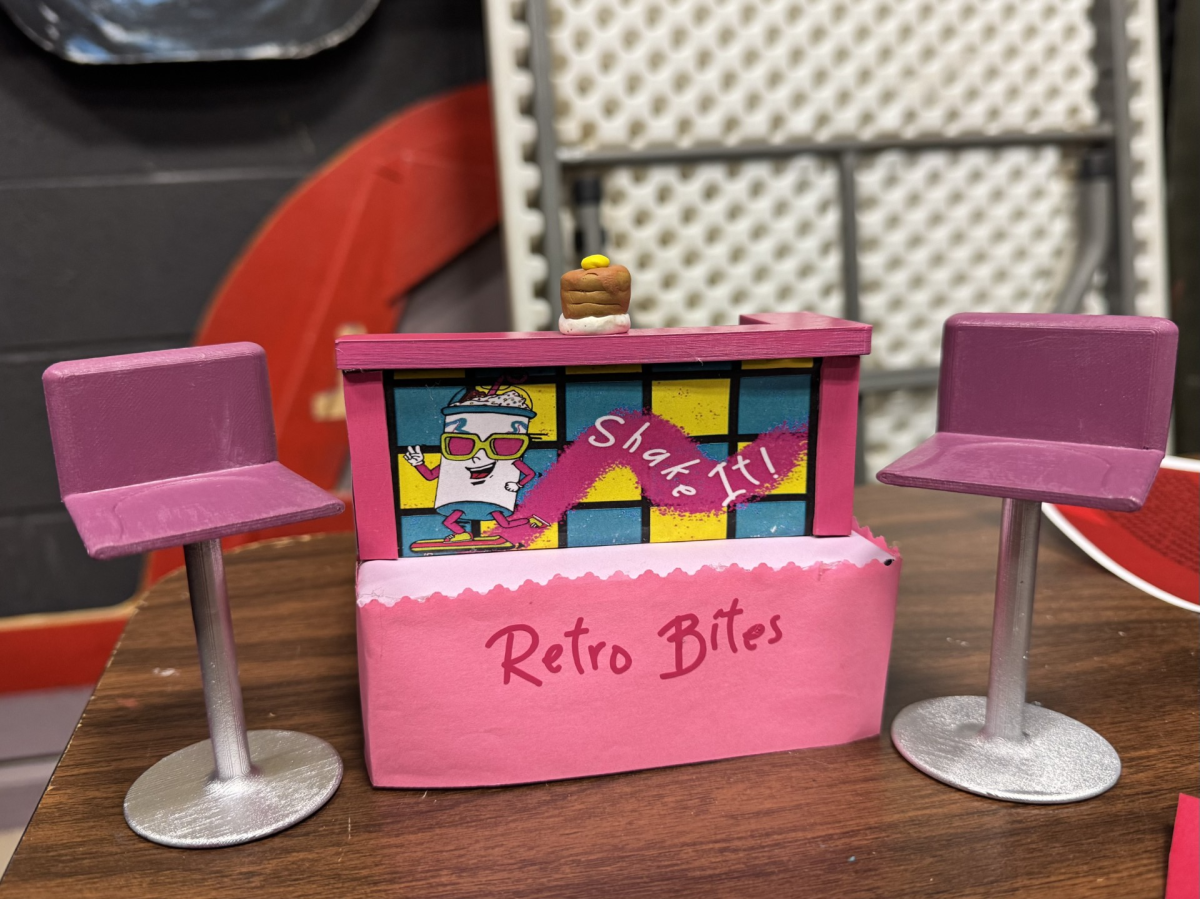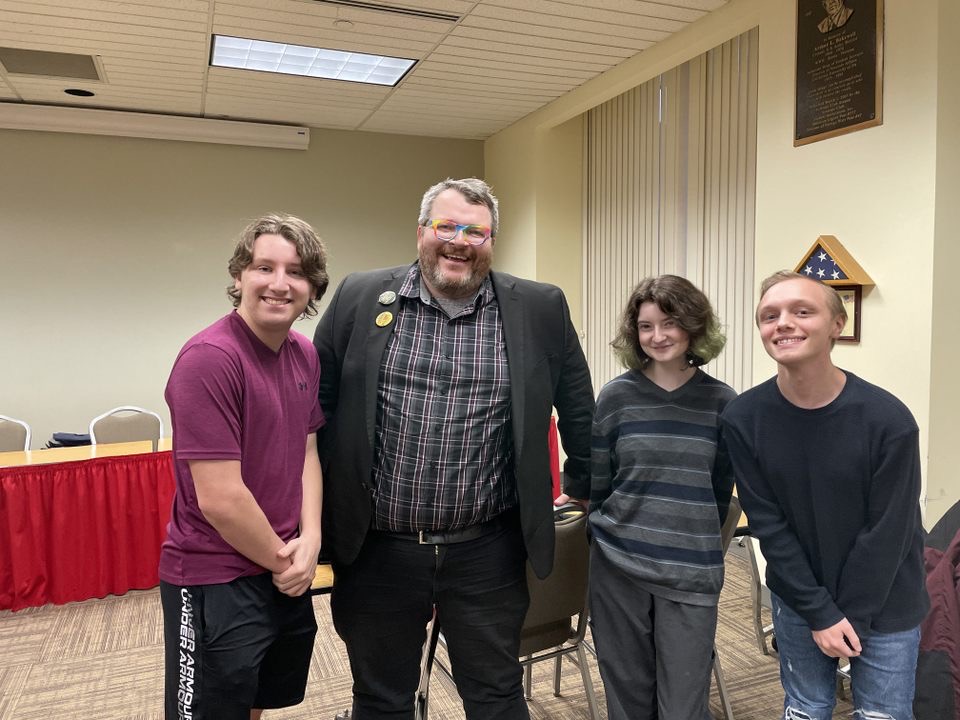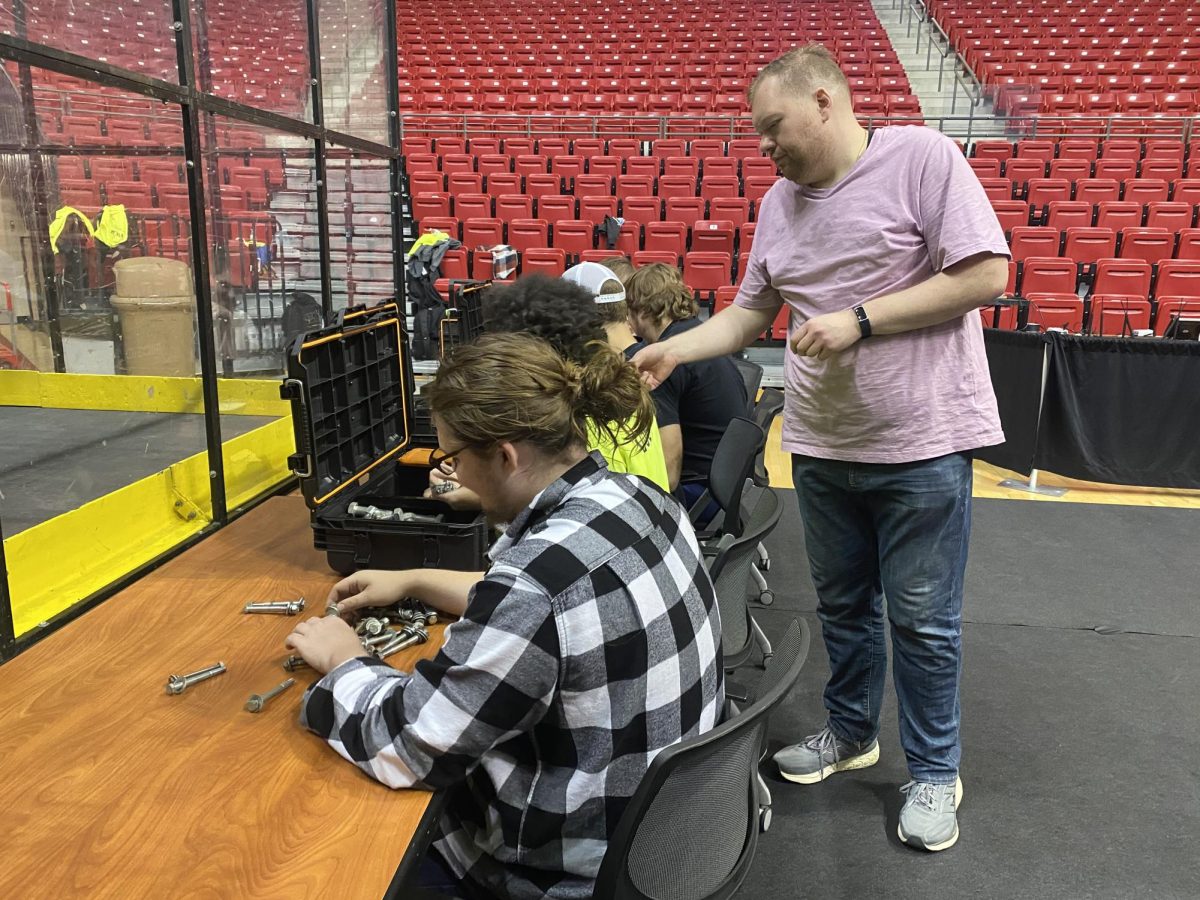On Wednesday, Nov. 8, PennWest California students had the opportunity to attend an informational Narcan training session provided by the Washington Drug and Alcohol Commission. The session was hosted in the Smith Honors Classroom as part of Sarah Seader’s Honors Thesis. This was the first time a Narcan training session was hosted at PennWest California, a huge milestone in the fight to help break down stigmas and put an end to the opioid crisis.
The goal of Seader’s Honors Thesis is to educate students, staff, and faculty members about the current opioid crisis in Pennsylvania. This crisis has surpassed everything else to become the number one public health and public safety crisis. In Pennsylvania, there are fourteen people who die each day from a drug overdose.
The information training session focused on harm reduction, noticing warning signs, being a good bystander, and how to help in an emergency situation. Students in attendance had the opportunity to ask questions and expand their knowledge.
Throughout the presentation it was clear that no matter one’s background, that should not limit them from receiving the help and resources they need. It is important to not give up and to continue to have that hope.
Cheryl Andrews, the Executive Director of the Washington Drug and Alcohol Commission (WDAC), was one of the presenters and focused on harm reduction, warning signs, and more. She stated, “We stigmatize people with substance abuse disorder.”
People with substance abuse disorder are usually stereotyped and lumped into groups of “troublemakers” and that is not true. Studies have shown that several things can lead to substance abuse and it is important we have the necessary resources available to help these individuals find their road to recovery. We can allow a stigma to drive our view or we can get out and make a change by breaking those unhealthy stigmas and helping a human at the end of the day.
The state of Pennsylvania recently passed legislation that allows anyone to administer Narcan (Naloxone). This drug serves as a lifeline to someone who has overdosed. Good Samaritan laws help protect individuals who seek to act in goodwill toward someone else. Narcan can be administered as an injection or as a nasal spray, which is the preferred method.
When it comes to administering Narcan, it is important to remember the three important steps: Peel, Place, and Press. The Narcan kits provided by the WDAC include two Naloxone (Narcan) sprays, a pair of gloves which you should put on before using the spray, a QR code to complete if the Narcan is used, and a mouth guard to use if mouth to mouth CPR is required. Call 911 before using the Narcan Spray. It is always the best if more than one person is helping with the emergency situation.
Everyone who attended the information and training session was able to take home a Narcan kit for free. Seader hopes to continue outreach on campus to get more clubs and organizations involved to educate and equip individuals to take action when necessary.
Breanne Pugh began working with the WDAC in 2015 and hopes the overall perception around opioids can continue to shift into normal conversations. More and more people continue to want to have a Narcan kit, not for personal reasons, but rather to help save a life and make a difference.
One never knows what type of situation they may encounter, given nearly 33% of overdoses occur with someone else present. Will you take the time to learn more and help save someone’s life? For more information, please visit: https://www.wdacinc.org/.








